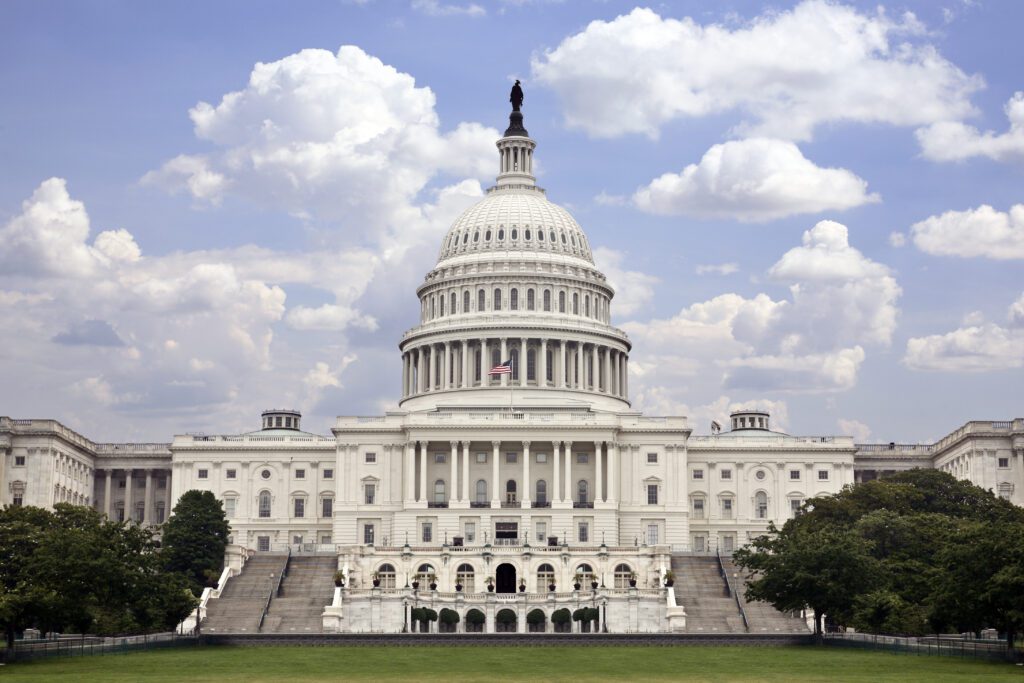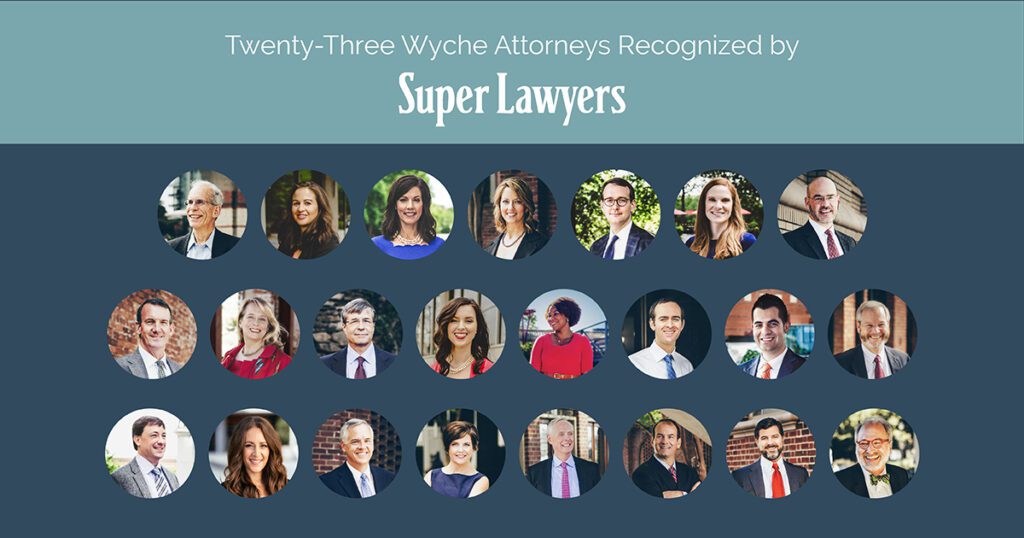The U.S. Supreme Court recently clarified that a governmental agency which has been given the authority to promulgate regulations and adjudicate disputes may use such authority to interpret its governing statute and that the courts should defer to such interpretation. In Arlington v. FCC, No. 11-1545 (May 20, 2013), the Court considered the FCC’s interpretation of the Federal Communications Act. That Act included a requirement that state and local governments act “within a reasonable period of time.” In ruling on a petition to clarify that statutory language, the FCC stated that “a reasonable period of time” would mean 90 days and 150 days, depending on the type of application. The Court held that, because the Act gives the FCC the authority to adjudicate such disputes, lower courts should defer to this interpretation. As a result of this decision, businesses can expect courts to be even more deferential to agencies’ interpretations of the law. We can expect to see this agency deference argument raised in matters involving environmental agencies.

Real Estate Developers, It’s Time to Get Personal with Your Investors
The reporting requirements of the new Corporate Transparency Act are in effect as of January 1, 2024. The Act presents a new administrative burden for





